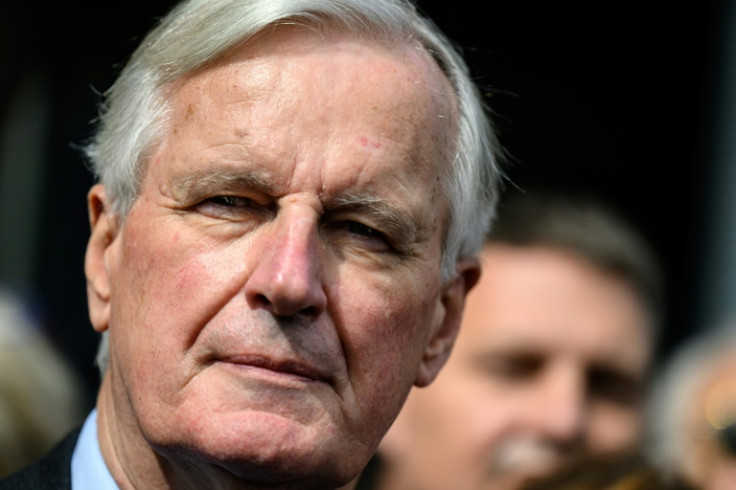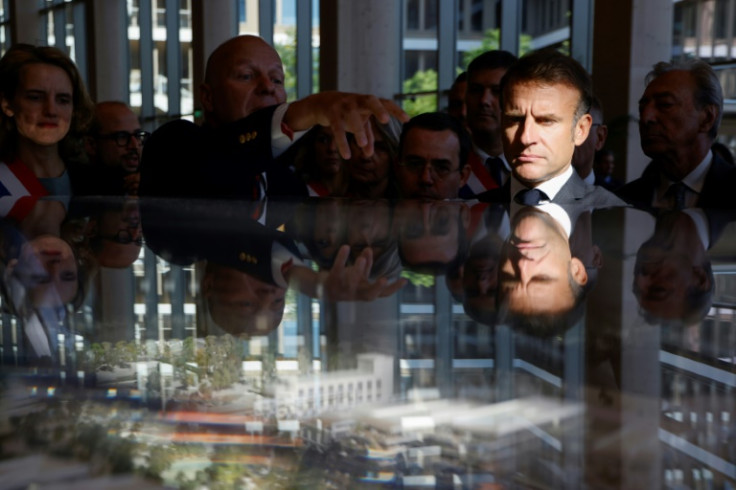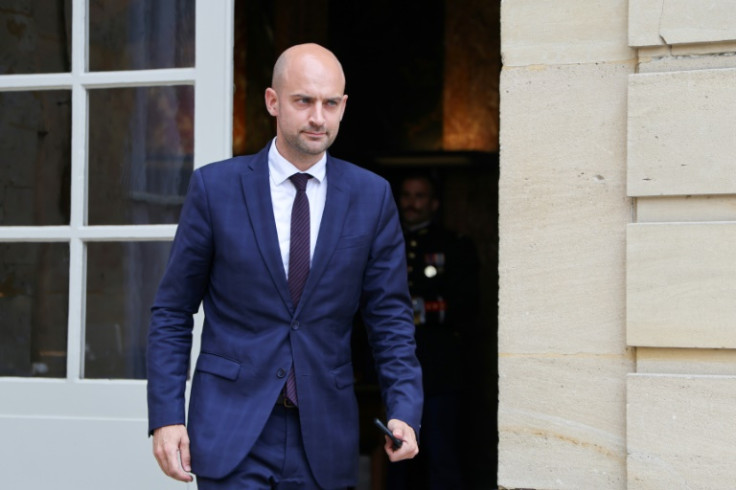
French President Emmanuel Macron was on Friday weighing a long-awaited new government which includes fresh faces in almost all key posts and marks a shift to the right.
The full line-up won't be announced Friday but is due by Sunday following "final fine-tuning", Prime Minister Michel Barnier's office said, after two-and-a-half months of deadlock created by inconclusive legislative elections.
While there appeared to be no major surprises or big name entrants into the cabinet, there are set to be new foreign, economy and interior ministers, with only the defence minister remaining unchanged among the key offices of state.
Barnier is proposing Europe Minister Jean-Noel Barrot as foreign minister, a source close to Macron's political faction, asking not to be named, told AFP.
The move would be a major promotion for the 41-year-old, whose slick media appearances have impressed observers, but boosting France's presence on the international stage could pose a challenge.
Bruno Retailleau, who heads the faction of the right-wing The Republicans (LR) in France's upper house Senate, is to take on the interior ministry, according to several sources who spoke to AFP.
Landing the interior ministry, which oversees the police and domestic security, would be seen as a major success for the right.
And another meteoric rise will likely see Antoine Armand, 33, the head of parliament's economic affairs commission installed as economy minister.
One key person said to be staying on is Defence Minister Sebastien Lecornu who is believed to enjoy a close and trusting relationship with Macron.
Barnier was at the Elysee Palace late Thursday to discuss the nominations with Macron.
The list is a government "ready to act in the service of the French people", the premier's office said, later adding the new government would be unveiled "before Sunday".
Macron could seek to veto Barnier's proposals but doing so would cause immense tensions with his premier at this stage.
Sources added that names still need to be vetted to ensure they have no conflicts of interest before entering government, as is customary.
But Macron "will not censor any name", said a source close to him asking not to be named.
There had been tensions between centrist Macron and Barnier, who comes from the LR, over the balance of the government notably at a lunch earlier this week that reports said was far from cordial.
Le Monde daily said that Barnier had even raised the possibility of resigning just days into the job. The tensions were then resolved on Thursday.
Politics in France has been deadlocked since the June-July snap legislative elections left it with a hung parliament.
Barnier, the European Union's former top Brexit negotiator and a right-winger, was appointed earlier this month by Macron in an attempt to breach the impasse.
Key posts were vacant with Finance Minister Bruno Le Maire stepping down after occupying his post since Macron came to power in 2017 and Foreign Minister Stephane Sejourne tapped by Macron to be France's new EU commissioner.
However there seems to be no place in the cabinet for the ambitious Gerald Darmanin, interior minister since 2020, who has reportedly long coveted the job of foreign minister.
The 73-year-old Barnier has already faced a raft of challenges since taking office.
He warned on Wednesday that France's budgetary situation was "very serious".
France was placed on a formal procedure for violating EU budgetary rules before Barnier was picked as head of government.
Macron had hoped to reassert his relative majority in parliament by calling for the elections in late June and early July, but the plan backfired.
A left-wing alliance nabbed the most seats in the lower house National Assembly, but does not have a working majority.
Macron's centrist faction is now the second largest bloc.
The far right is third, but the anti-immigration National Rally emerged from the election as the single largest party.









